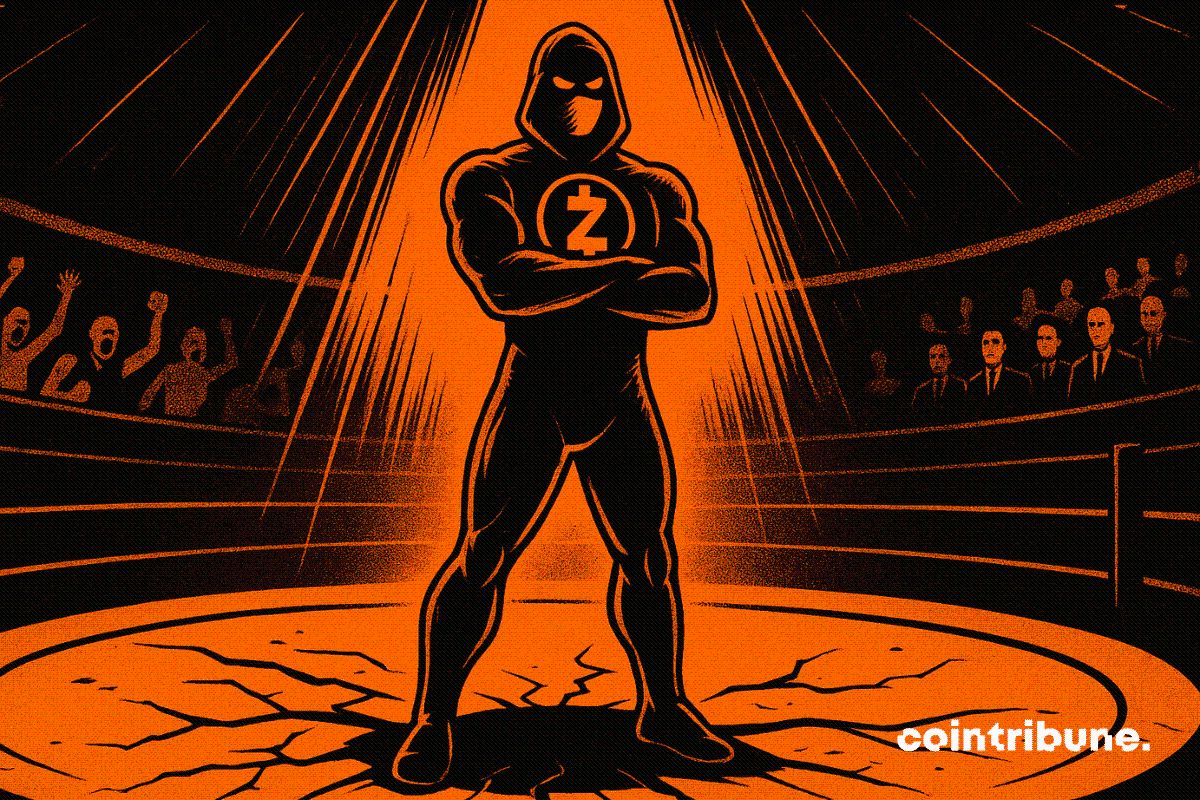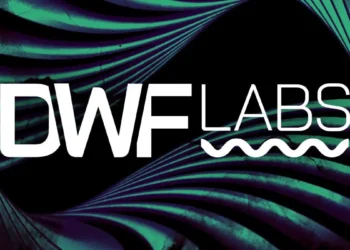Mono Removes Repeated Cross-Chain Work for Web3 Builders
Teams working across blockchains often face the same challenges: different gas systems, routing setups, and bridging issues. Mono Protocol aims to reduce this friction by handling cross-chain execution through a single framework that manages liquidity, routing logic, and settlement.
Developers connect once and build across networks without rebuilding infrastructure for each chain. This reduces delays that often slow product releases and lowers the cost of deployment. The system also helps prevent errors caused by mismatched standards and inconsistent routing.
A resource lock model manages cross-chain execution so transactions complete without failures or reversions. This approach gives Web3 and DeFi builders a stable environment that feels uniform across chains. It also supports users who need predictable performance without switching between multiple versions of the same asset.
MONO’s Role in Network Operations and Staking Activity
The MONO token runs all core activity across the network. It supports universal gas payments, routing, quoting, paymaster fees, and settlement operations. This removes the need for separate tools across chains and keeps applications aligned through one system.
Network operators stake MONO to secure the environment. Bundlers, messaging nodes, observability nodes, and the orchestrator handle processing and earn fees based on their activity. These roles maintain consistent execution across chains and keep the system running as traffic grows.
Execution bonds add another layer of reliability. Solvers and routers lock MONO to guarantee finality under the resource lock model. These mechanisms support the broader goal of making cross-chain activity more dependable for both builders and users.



